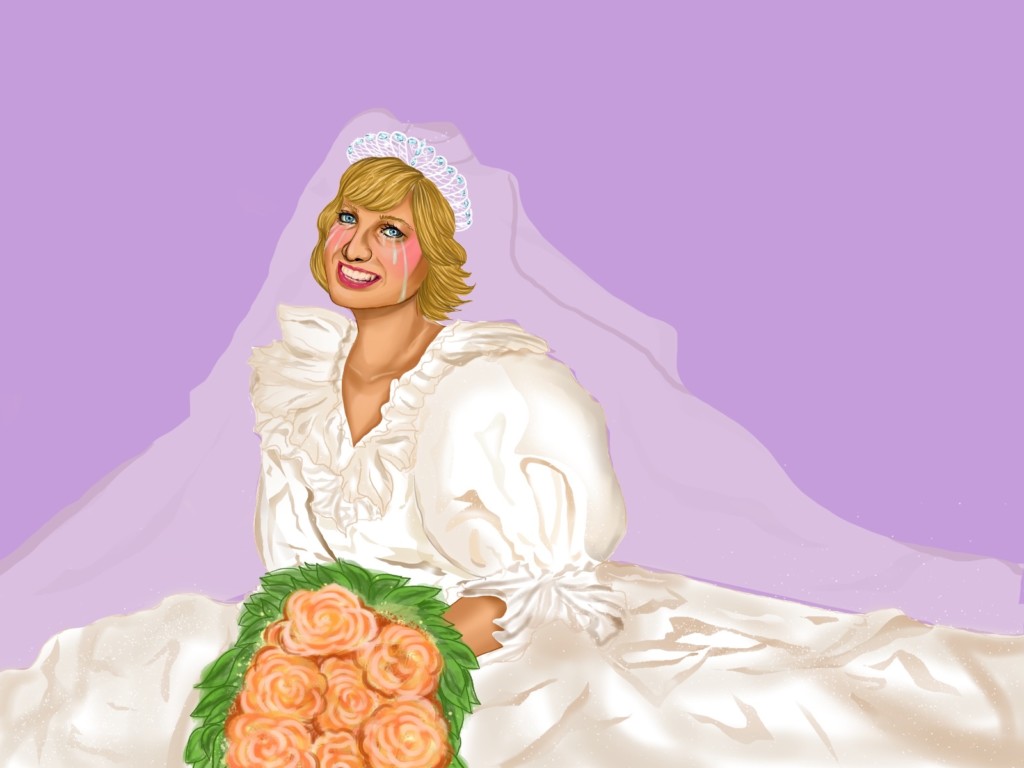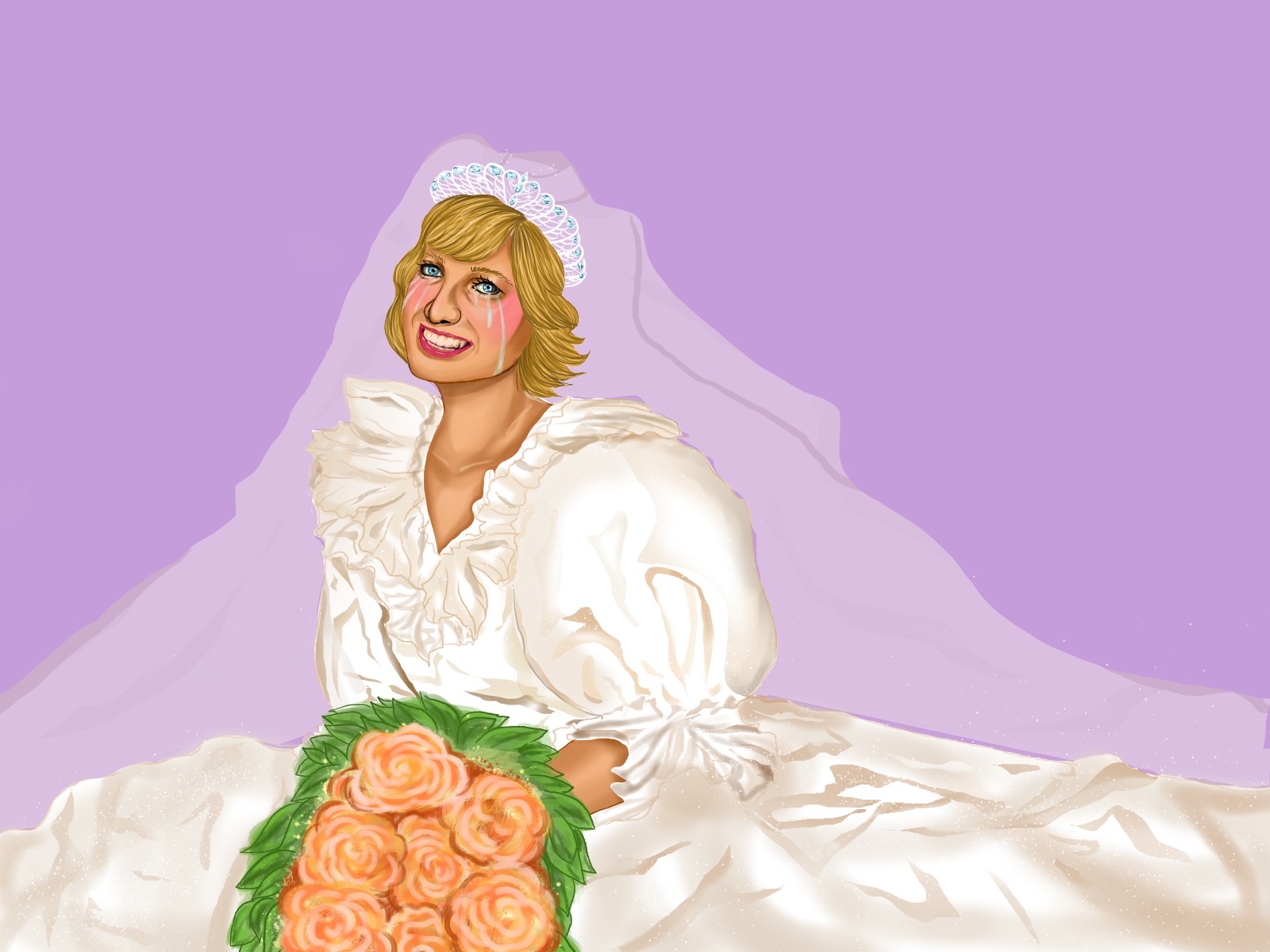I’ve never seen “The Shining” in the aspect ratio it was filmed in. Kubrick wanted the film to be shown in the aspect ratio of 1.66:1, only for Warner Brothers to make him release the film in the “full screen” 1.85:1. While I initially regretted never being able to see such a classic horror film in its intended ratio, watching “Spencer” use it so chillingly has allowed me to finally forgive myself.
“Spencer” sees the late Princess Diana of Wales (Kristen Stewart) at a vacation home with the Royal Family for a three-day Christmas holiday. Already the subject of numerous rumors and scandals, Diana is fully aware of them, from her eating disorder to her allegedly seeing the ghost of Anne Boleyn. This puts her in conflict with both the Royal Family and the staff, specifically Prince Charles (Jack Farthing), Queen Elizabeth (Stella Gonet), and Maggie (Sally Hawkins), the only maid that Diana can confide in.
When I compared “Spencer” to “The Shining,” I especially meant it in terms of the cinematography, with steadicam shots within long, spacious, and affluent hallways not unlike those of The Overlook Hotel. Despite the low color saturation, the film still looks pretty rendered in 16mm and 35mm film. These shots are also given a voyeuristic perspective, as just like the paparazzi in the movie, we are watching and judging Diana on her own accord. There are also an abundant number of “pillow shots” found in the film that brought out my love for filmmaker Yasujiro Ozu’s artistry, especially since “Spencer” shares the themes of intergenerational conflict and loneliness with Ozu’s “Tokyo Story” and “An Autumn Afternoon.” But instead of these pillow shots being of some small village or a piece of a town/city that makes us reflect on our own lives, it’s now pieces of this grand, fancy castle that makes Diana reflect on her own life.
The story structure may be jarring to some people who aren’t prepared. Even at the 9 p.m. screening there were people asking, “Wait, what?” when the credits started rolling. Although I thought the same, I later realized the writing was designed to make you ask that. Similar to “The Shining,” the concept of time is purposely convoluted to represent the disconnection our main character has with the real world. Diana’s own mental health makes three days with the family feel like three months in hell. This could also explain how many scenes in the film can be deemed ‘repetitive,’ as it may represent Diana trapped in a purgatory of trying to find freedom in such an ironically restrictive lifestyle.
I could not believe the Diana in the film was Kristen Stewart, and that was strangely excellent. I couldn’t hear her American accent trying to do a British one, and the people that did her makeup and hair allowed me to only see Princess Diana. One scene I loved from the film is when Diana is with her children, William and Harry, past their bedtime, and she tries to have some simple fun with the boys before Christmas Eve. You can see her trying to find some levity from it, even when one of her sons tries to ask her about her feelings on most likely becoming the Queen. It’s strange that it’s taken 13 years for Kristen Stewart to crawl out of the shadow of “Twilight” and finally gain an Oscar Nomination for Best Actress. Sally Hawkins also has great chemistry with Stewart, as she is one of the few characters who wants to understand Diana. Timothy Spall’s character, a butler, does a good job of showing his empathy towards Diana, giving her the freedom to escape from social expectations without her self-harming tendencies and cultivate healthier relationships with the people she cares about.
It may seem that I only like this film because I consider it an homage (or “derivative” to others) to “The Shining.” And while the two films do have very similar themes and moods, “Spencer” doesn’t feel like it’s just trying to do the same thing as “The Shining.” It finds its own style, and it uses that style to tell its story exactly as it needs to be told.


